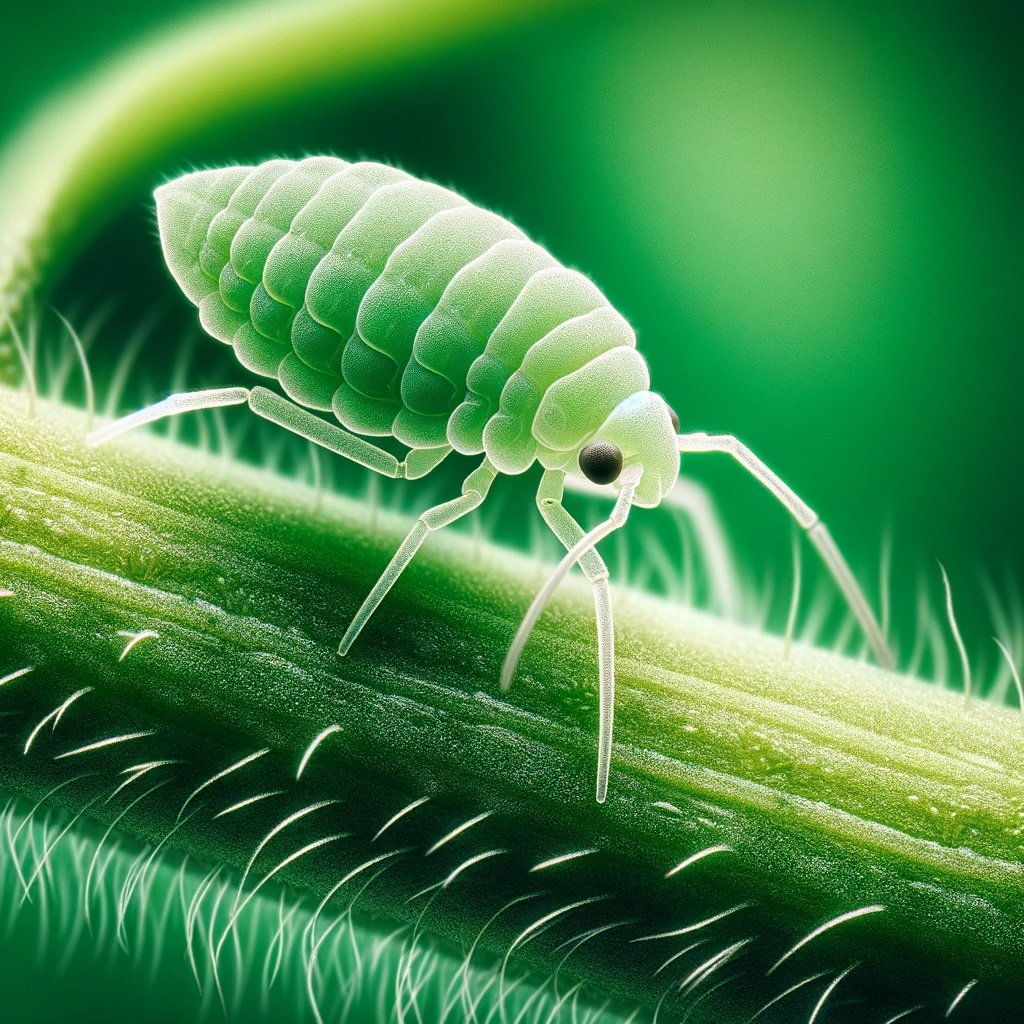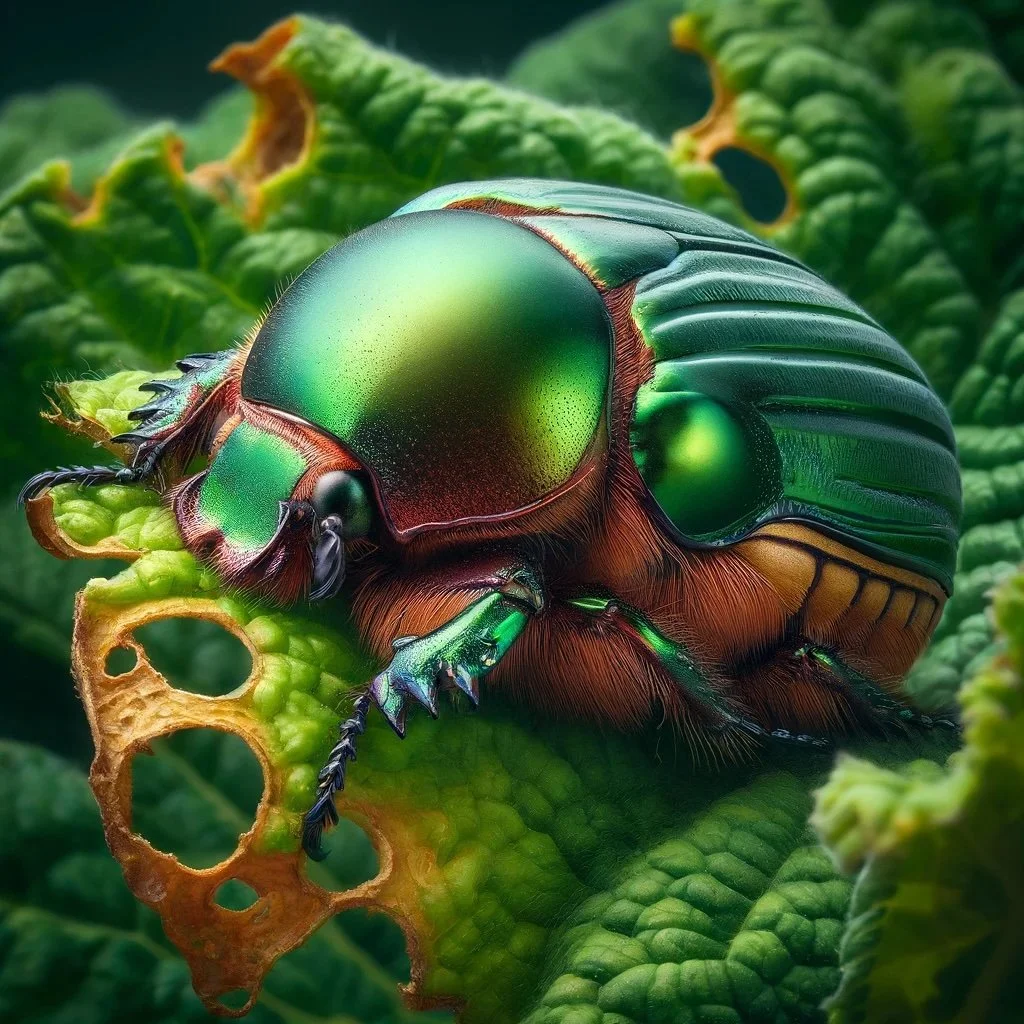Bugs in the Garden – Friend or Foe?
Gardening is not just a hobby; it’s a foray into creating a balanced ecosystem right in your backyard. This includes the insects that visit your plants. Some of these bugs are beneficial, protecting and nurturing your garden, while others can be destructive pests. Understanding which bugs are friends and which are foes can help you manage your garden more effectively and keep your plants healthy and thriving.
How do you tell which bugs are good for your plants and which ones aren’t? Let’s dive into the world of garden insects to categorize them into friends and foes, helping you to foster biodiversity while maintaining the health of your garden.
The Beneficial Bugs: Friends of the Garden
Why They Matter: These insects provide essential services like pollination and natural pest control.
| Bug Type | Role in the Garden | Benefit to Plants |
|---|---|---|
| Ladybugs | Aphid predator | Protect plants by controlling pest populations |
| Bees | Pollination | Essential for the reproduction of many plants |
| Lacewings | Pest control | Eat aphids, caterpillars, and other pests |
| Ground Beetles | Predators that feed on harmful insects like slugs and caterpillars. Protect plants by controlling pest populations. Image of a ground beetle hunting a caterpillar at night. Hoverflies Their larvae consume large amounts of aphids. | Protect plants by controlling pest populations. |
| Hoverflies | Their larvae consume large amounts of aphids. | Aid in aphid control and also help with pollination. |
| Parasitic Wasps | Lay eggs in or on pests like caterpillars and aphids. | Naturally reduce pest populations. |
| Dragonflies | Eat mosquitoes and other small insects. | Control populations of pests that can spread disease. |
| Predatory Mites | Consume harmful mites and insects. | Help manage mite and insect infestations. |
| Spiders | General predators that capture a wide variety of insects. | Reduce overall pest populations. |
| Soldier Beetles | Predators of aphids and other pests, assist in pollination. | Double benefit of pest control and pollination. |
The Pests: Foes of the Garden
Why They’re a Problem: These insects can cause significant damage to your plants by feeding on them or spreading diseases.
| Bug Type | Harmful Activity | Impact on Plants |
|---|---|---|
| Aphids | Suck plant sap | Weakens plants, may transmit diseases |
| Japanese Beetles | Eat leaves and flowers | Can decimate plant foliage |
| Slugs | Chew on leaves | Leave holes in leaves, stunts growth |
| Whiteflies | Suck sap and can cause yellowing of leaves and stunted growth. | Weaken plants, cause leaf drop, and spread plant diseases. |
| Spider Mites | Tiny pests that cause discoloration and damage by sucking plant sap. | Lead to yellowed, stippled leaves and reduced plant vigor. |
| Scale Insects | Feed on sap, weakening plants and causing sooty mold. | Stunt growth, cause yellowing leaves, and can lead to plant death. |
| Leafminers | Larvae burrow into leaves, creating visible tunnels. | Create unsightly trails and reduce photosynthesis efficiency. |
| Cabbage Worms | Feed on cruciferous plants, damaging leaves. | Create large holes in leaves, stunt plant growth. |
| Corn Earworms | Feed on a wide variety of plants, particularly damaging to corn. | Bore into corn ears, making them inedible and leading to crop loss. |
| Tomato Hornworms | Large caterpillars that can quickly defoliate tomatoes and other plants. | Strip leaves from plants, significantly reducing yield. |
How to Manage Garden Bugs
Encouraging Beneficial Bugs: Plant a variety of species that attract beneficial insects. Flowers like marigolds and herbs like lavender are great for this.
Controlling Pests: Opt for natural remedies like neem oil or diatomaceous earth to control pest populations without harming your plants or beneficial insects.
Understanding which bugs are beneficial and which are harmful can help you protect your garden and ensure it thrives. By encouraging beneficial bugs and controlling pests naturally, you can maintain a healthy garden ecosystem that’s both beautiful and productive.





















